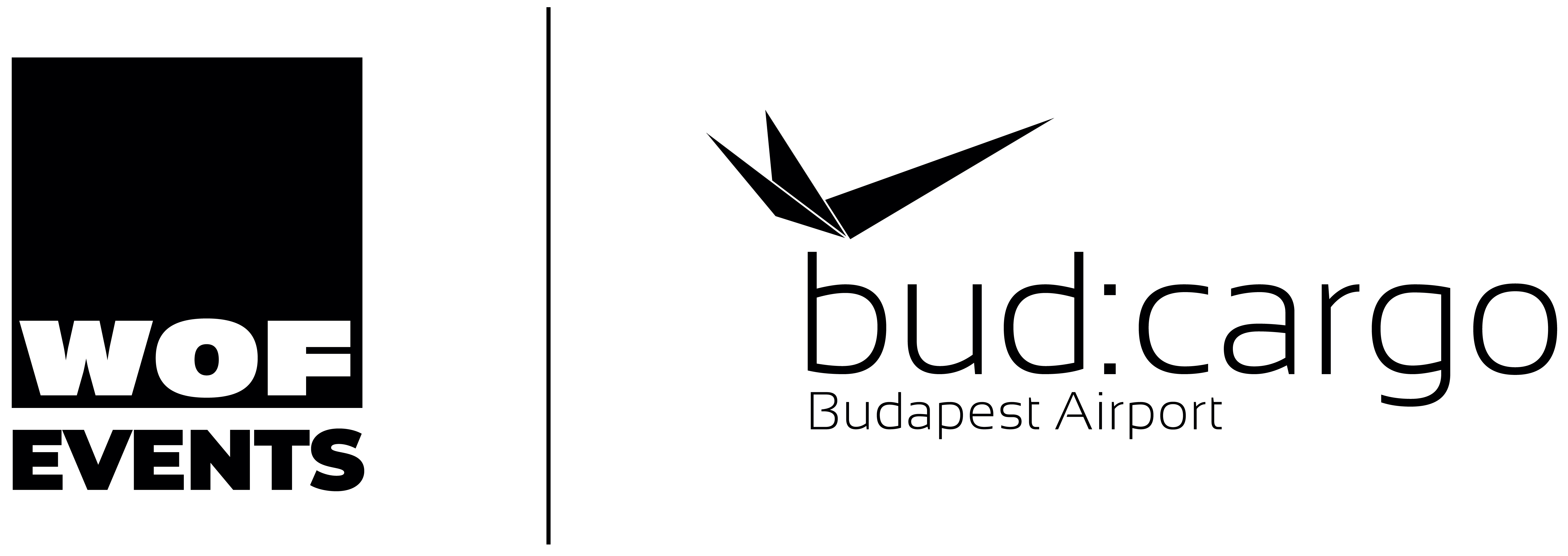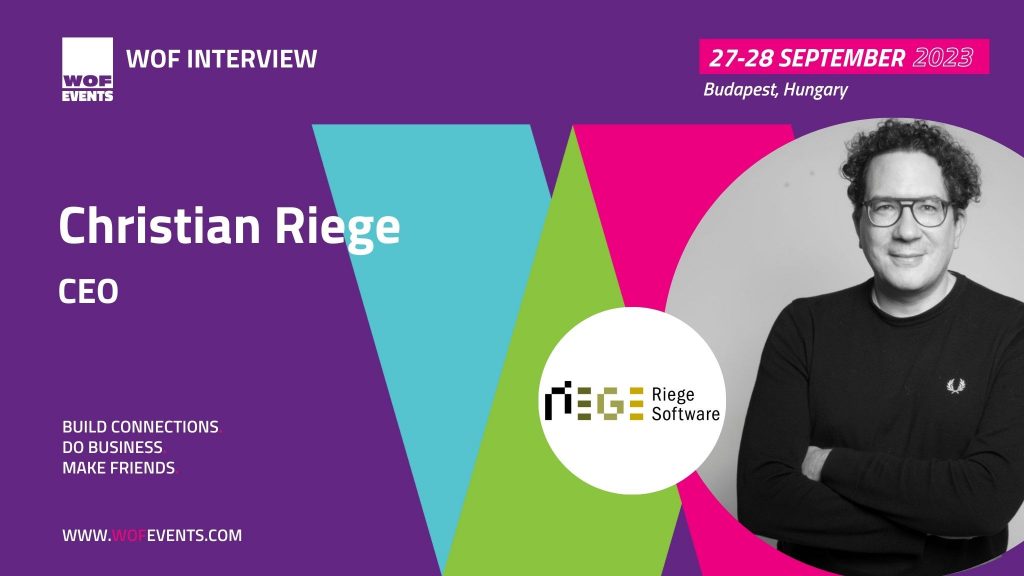INTERVIEW with Christian Riege, CEO of Riege Software International
After studying Computer Science at the Universities of Kaiserslautern and Cologne, Christian joined the family business in its early days. He has been involved in the design and development of computer systems for the freight forwarding industry for more than 30 years. His foremost interests lie in challenging and pushing the boundaries of human-computer interfaces whilst establishing digitality in logistics. Following the principle of “divide and conquer,” Christian values convention over configuration, building the future of digital logistics as one key industry player.
How do you perceive the rise of AI in the logistics industry? How do you envision the future role of AI in shaping the logistics landscape?
- This is very difficult to predict as I think we are just at the very beginning of AI. From my perception AI will – and as a matter of fact partially already does – take over the simple, the boring, the mundane tasks. For example, a question like “Give me the options and prices for shipping 150kg of General Cargo from Budapest to New York City” is predestined to be understood and answered by an AI.
In terms of the Gartner Hype Cycle, I think we are still some distance away from the “Peak of Inflated Expectations”. There’s lots of experimentation happening, there are a lot of learnings to be made, and there is a lot of success and disappointments to be experienced.
Scope as a product will not be a first mover in the space of AI. We will listen, we will observe, and we will watch AI mature. And once we see a clear path forward, we will act.
A seamless supply chain is the dream of all freight forwarders worldwide. How does Scope as a TMS contribute to making transports as smooth as possible, and where do you see the potential for future improvement?
- Scope places a clear focus on the user, the operator, or the “orchestrator” coordinating the involved parties in a transport. The mission of Scope is to support the user as much as possible in avoiding unnecessary work in making the easy tasks easy and the hard tasks possible. And we have been very successful with this mission.
Going forward, the vision of Scope is to create a global logistics community. Not only helping individuals fulfill their tasks within their organization. But rather to help organizations become more efficient, digital, and connected. And to make this an easy, seamless, even natural experience: in my opinion, the “best” or “most useful” attributes of a product are the ones that just work.
When it comes to managing transportation operations, some find that CRM systems and reporting tools are not adequately developed. Why do you think there’s a reluctance to develop comprehensive software that allows freight forwarders to purchase a single solution for all their needs?
- Because it’s difficult to be exceptional in all dimensions. Tools are usually superb in performing a very specific set of tasks. For example, Microsoft Office consists of different applications that are each serving their own purpose. Scope as a product has very clearly defined borders. We, as Riege Software, know exactly our areas of expertise, the areas where we can make Scope really shine.
In other areas, we offer an “OK” product that works for smaller organizations. But once an organization reaches a certain size, once it outgrows our offering: we are more than happy to recommend a professional solution that is more suitable. And then, we offer an interface to connect these two products.
In the context of streamlining operations, do you see potential in integration with booking platforms? If not, what factors or challenges do you believe prevent effective integration between different booking platforms?
-
There’s most definitely interest in the market and potential connecting a booking platform to our software. We have been talking to most platforms for a few years now, and I greatly respect what they have built as I’ve seen the challenges of interacting with cargo carriers’ IT systems with my own eyes.
The hard part here is choosing the right partner. Personally, I would like to integrate all of them, providing our customers with multiple options. But realistically, we must choose one, go ahead with them and build a pleasant and seamless experience. And only once that integration proves to be successful we might investigate alternate platforms.
When it comes to growth, what is your viewpoint on the integration of an existing organization versus starting new ventures from scratch?
- That’s a great question! As an organization, we believe in organic growth. It’s in our DNA: it’s in how you grow a family, it’s how our parents grew a family business, it’s how we as a family want to evolve the company.
From that perspective, it looks very challenging to integrate an existing organization: it’s very likely to have its own culture, its own values, and its own core beliefs. So that looks more like an organ transplant where you must suppress the immune system to be able to accept a donor organ. Doable but difficult, yet a necessity if it comes down to a life-or-death decision.
On the other hand, starting a new venture from scratch has its own unique challenges. We did that internally with Scope, and – as the saying goes – we succeeded because we didn’t know that it was impossible… My personal learning from that experience: never ever write a “Version 2 Product” from scratch. Or: you need at least an insanely dedicated team, a very patient sponsor, and good-willed customers to be able to survive that journey.
There’s no silver bullet. What has worked for us in the past is to talk to a lot of different people. To hear their opinions, to brainstorm, or to just spend some quality time together. Sometimes we see that this person or these people are aligned with our culture, our values, and our beliefs. This must be mutual. And then it’s just a short step for each side to join forces. Sometimes we strengthen existing areas of expertise, other times, we expand on fresh ideas.

Riege Software is the creator of Scope, the leading cloud-based software for Air Freight, Ocean Freight and Customs. Designed to be the Digital Standard for digital logistics, Scope enables participants in the global supply chain to practice unrestricted collaboration with just one system.

